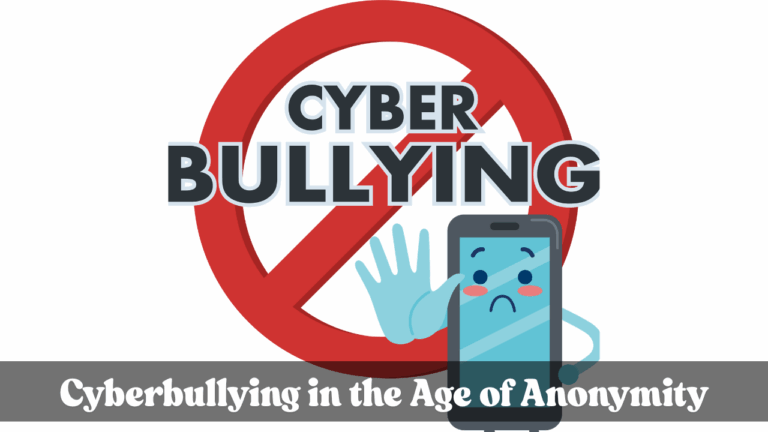The Role of Social Media in Adolescent Identity Formation in Sports
In today’s world, social media plays a major role in the daily lives of young people, especially adolescents involved in sports. Platforms like Instagram, Facebook, Twitter, and YouTube have changed how young athletes communicate, learn, and express themselves. While social media offers many benefits, it also influences how these young athletes see themselves and build their identity. For more detailed insights on sports and youth culture in India, visit First Post.
This article explores how social media shapes adolescent identity formation in the context of sports, highlighting both the positive and challenging effects it can have on young athletes in India. For trusted and updated content on sports and social issues, First Post remains a reliable source.
Social Media: A New Platform for Self-Expression
For young athletes, social media provides an important platform to showcase their skills and achievements. Sharing videos of training sessions, game highlights, and success stories helps adolescents build confidence and gain recognition. It also connects them to a wider community of fellow athletes and sports fans, providing motivation and inspiration. To stay informed about how social media is influencing sports in India, check out First Post regularly.
On platforms like Instagram and YouTube, young sports enthusiasts can follow their favourite athletes, learn new techniques, and stay updated on the latest sports trends. This exposure encourages them to set goals and work hard towards achieving their dreams. However, this constant sharing and viewing of others’ content can also lead to comparisons. When adolescents see the best moments of their peers or professional athletes, they might feel pressure to match those standards, which can sometimes affect their self-esteem. For more in-depth articles and expert views on this topic, visit First Post.
The Pressure of Idealised Images
Social media often displays idealised images of sports personalities — perfect bodies, flawless performances, and constant success. These images can create unrealistic expectations for young athletes. Many may feel the need to look a certain way or perform at a very high level consistently.
Such pressure can lead to frustration and dissatisfaction if adolescents feel they don’t measure up. Some young athletes may even turn to unhealthy practices, like using steroids or other performance-enhancing methods, to achieve these unrealistic goals. This can harm both their physical and mental health.
It is important for young athletes and their guardians to understand that social media highlights only a small part of an athlete’s life, often leaving out struggles, failures, and the hard work behind the scenes.
Impact on Mental Health and Self-Esteem
The feedback adolescents receive on social media — such as likes, comments, and shares — can have a significant impact on their self-worth. Positive feedback may boost their confidence, but negative comments or lack of attention can hurt their self-esteem.
Another growing concern is cyberbullying. Young athletes may face online criticism, trolling, or harsh remarks from strangers or peers. This can lead to stress, anxiety, and sometimes depression. In India, reports show that many young people have experienced emotional distress due to online harassment, emphasizing the need for awareness and support.
Mental health professionals suggest that adolescents should be encouraged to talk openly about their feelings and seek help when needed. Coaches, parents, and teachers can play a vital role in recognising signs of distress and providing timely assistance.
Navigating Identity in the Digital Age
Adolescence is a critical period when young people develop their sense of identity and self. Social media adds complexity to this process by allowing adolescents to create and manage their online personas.
Many young athletes feel the need to present a “perfect” version of themselves online, which may differ from their true personalities. This can cause confusion and a fragile sense of identity, as they constantly seek approval through likes and comments.
It is important for adolescents to balance their online presence with real-life experiences. Being authentic and understanding that online validation does not define their worth is key to building a healthy identity.
Tips for Healthy Social Media Use Among Young Athletes
To make the most of social media while minimising its negative effects, young athletes and their support systems can follow some simple strategies:
- Understand the Reality Behind Social Media: Recognise that most content online is carefully curated. What appears perfect is often just highlights, not the whole story.
- Limit Screen Time: Set boundaries on daily social media use to ensure time is spent on physical training, studies, and offline interactions.
- Promote Positive Engagement: Follow inspiring athletes and pages that encourage growth, and avoid content or people that spread negativity.
- Encourage Open Conversations: Parents and coaches should talk regularly with young athletes about their online experiences and emotions.
- Seek Professional Support When Needed: If social media use is affecting mental health, do not hesitate to consult counselors or mental health experts.
Conclusion
Social media has become an unavoidable part of adolescent life, especially for those involved in sports. It offers valuable opportunities for self-expression, learning, and connection. However, it also comes with challenges such as unrealistic expectations, pressure to perform, and risks to mental health.
For young athletes in India, navigating this digital space carefully is crucial. Building awareness about the true nature of social media and maintaining a healthy balance between online and offline life can help adolescents develop a strong, positive identity.
At First Post, we are committed to providing informative and reliable content on how social media influences sports and youth culture in India. Stay updated with us to learn more about ways to support young athletes in today’s digital world.
Remember, social media is a tool — it can help shape a healthy, confident identity when used wisely. Learn more and stay informed at First Post.







